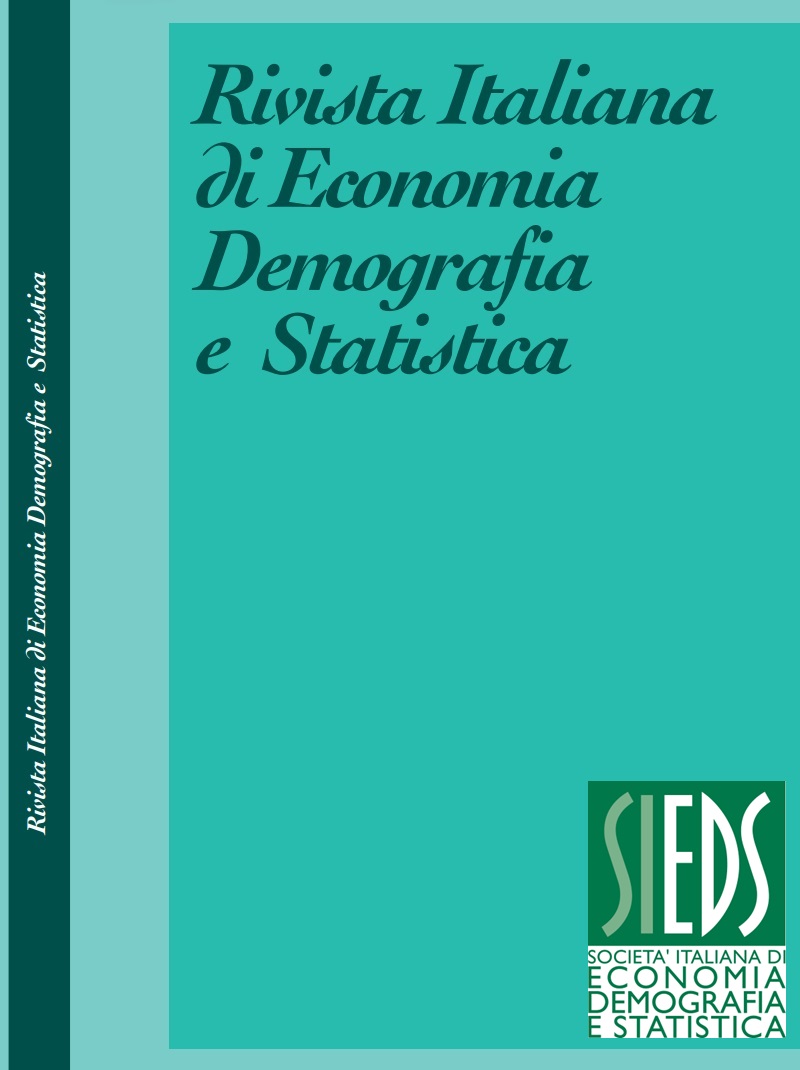The impact of monetary policy shock on public debt: a DSGE approach
Abstract
Nowadays, the increase in public debt and inflation are key concerns of the political debate among policymakers. In this regard, some economists have argued that the reason why inflation is higher lies in a transitory rise of commodity prices; others, instead, have asserted that permanent changes in the labor market caused by the Covid-19 pandemic, may also contribute to keeping inflation high for a long time. This paper aims to investigate the effects of a positive monetary policy shock on the public debt-to-GDP ratio. Moreover, it assesses its different impacts on households. For these purposes, the paper employs an extended version of the New Keynesian Dynamic Stochastic General Equilibrium (DSGE) model à la Leeper et al., (2017) considering an economy populated by savers and hand-to-mouth households, with distortionary taxation. Our analysis confirms that an increase in inflation contributes to public debt-to-GDP ratio reduction, thanks to the positive impact on output in the short term. Moreover, results highlight a trade-off between agents: savers as forward-looking agents invest their savings in the short term by increasing their income; on the opposite, hand-to-mouth households suffer a loss of income. This paper contributes to the literature on monetary and fiscal policy, which focuses on the relationship between public debt and inflation.
Downloads
Published
Issue
Section
License
Copyright (c) 2022 Francesco Busato, Marina Albanese, Monica Varlese

This work is licensed under a Creative Commons Attribution 4.0 International License.



